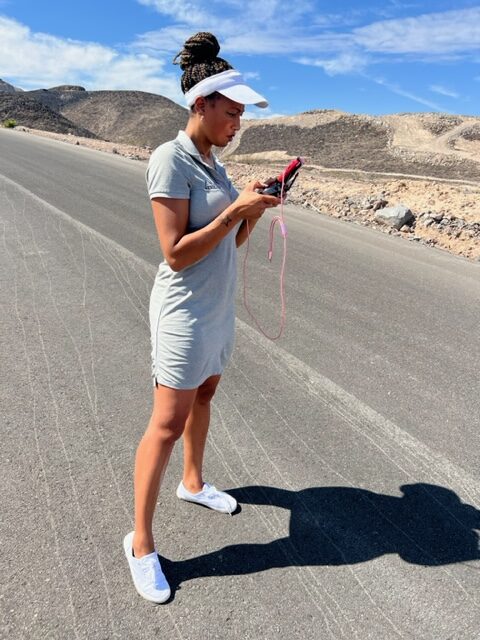When capturing aerial photos and videos of Las Vegas residential real estate properties, drone operators can make several common mistakes that may compromise the quality and effectiveness of the imagery. Understanding these pitfalls can help operators avoid them and produce captivating visuals that enhance the property’s appeal. Here are some of the most frequent mistakes drone operators make when photographing and recording residential real estate properties:
Ignoring Weather Conditions
One of the most critical factors in capturing high-quality aerial footage is considering weather conditions. Drone operators must be mindful of wind speeds, rain, and adverse weather conditions that could affect the stability and safety of the drone. Failing to assess weather conditions adequately can lead to shaky or unfocused footage, compromising the overall quality of the visuals.
Flying Without Proper Training and Certification
Operating a drone requires proper training and certification to ensure safe and effective flights. Many drone operators attempt to capture aerial footage without obtaining the necessary licenses and training, leading to potential legal issues and unsafe flying practices. Certified drone operators are familiar with the regulations and best practices, ensuring a smoother and safer operation. Marissa is licensed by the FAA.
Ignoring Pre-flight Checks
Neglecting pre-flight checks can be a costly mistake for drone operators. Before each flight, operators should carefully inspect the drone, batteries, propellers, and camera equipment to ensure they are in optimal condition. Skipping these checks can lead to equipment malfunctions or mid-air accidents that could damage the drone and property or, worse, injure people nearby.
Flying Too Close to People and Property That is Not the Subject of the Job
Drone operators must maintain a safe distance from people, buildings, and structures. Flying too close to residential properties (unless the subject of the job), people, or vehicles not only violates privacy but also poses potential safety hazards. Operators should adhere to local regulations and guidelines, ensuring they always maintain a safe distance.
Overlooking Composition and Framing
Las Vegas Real Estate aerial photography and videography require a keen eye for composition and framing. Some drone operators may neglect the principles of photography, leading to poorly framed shots or uninteresting visuals. By considering framing, perspective, and leading lines, operators can capture more appealing and engaging images that highlight the property’s best features.
Neglecting Battery and Flight Time Management
Drone flight times are limited by battery capacity, which can range from 15 to 30 minutes or more. Inexperienced operators may misjudge the battery life, leading to abrupt endings to video recordings or losing the drone’s signal during flight. To avoid these issues, operators should plan flights within the drone’s battery capacity and consider carrying spare batteries for extended sessions.
Ignoring Sun Position and Lighting Conditions
The position of the sun and lighting conditions significantly impact the quality of aerial footage. Flying the drone during harsh midday sunlight can result in unattractive shadows and overexposed areas. Alternatively, capturing footage during the golden hour (shortly after sunrise or before sunset) can provide soft and flattering lighting, enhancing the property’s visual appeal.
Neglecting Post-production Editing
Post-production editing is a crucial step in refining aerial footage. Some drone operators may overlook or rush through the editing process, leading to subpar visuals. Taking the time to color correct, stabilize, and fine-tune the footage can elevate the final product, creating stunning and professional-looking imagery.
Drone operators have a responsibility to capture aerial photos and videos of residential real estate properties with precision, skill, and adherence to safety regulations. Avoiding common mistakes such as neglecting pre-flight checks, flying too close to people and property, and disregarding weather conditions can lead to safer and more impressive aerial footage. By maintaining proper training, understanding composition and framing, and dedicating attention to post-production editing, drone operators can produce visually captivating and compelling imagery that enhances the appeal of residential properties and helps potential buyers or renters make informed decisions.


